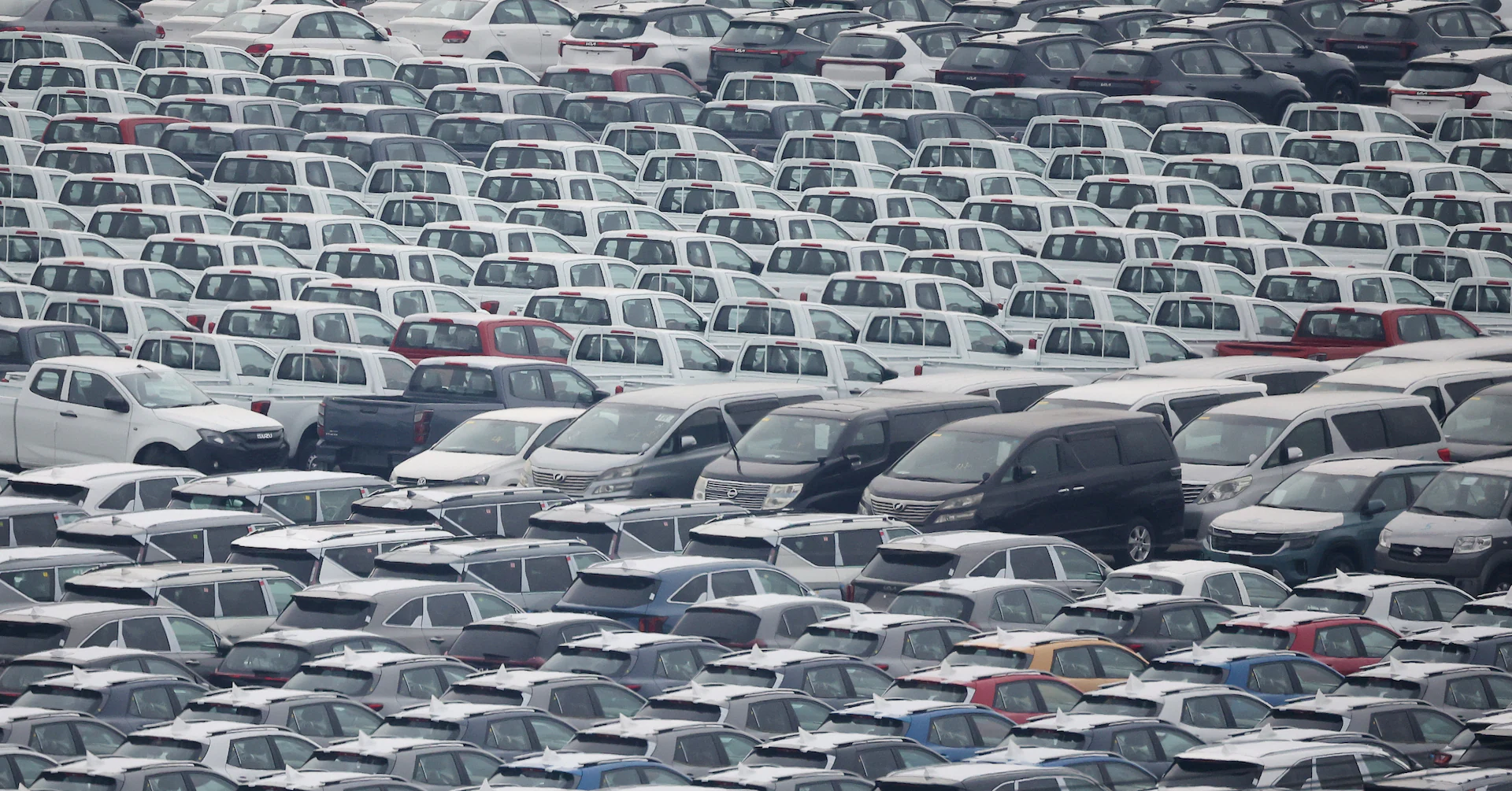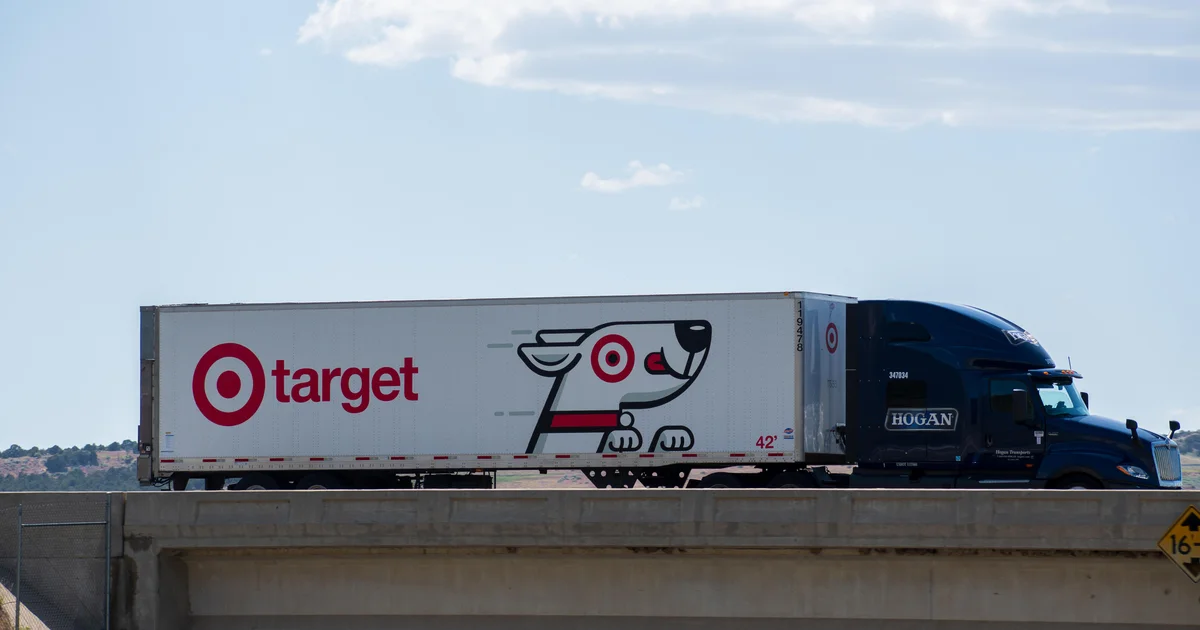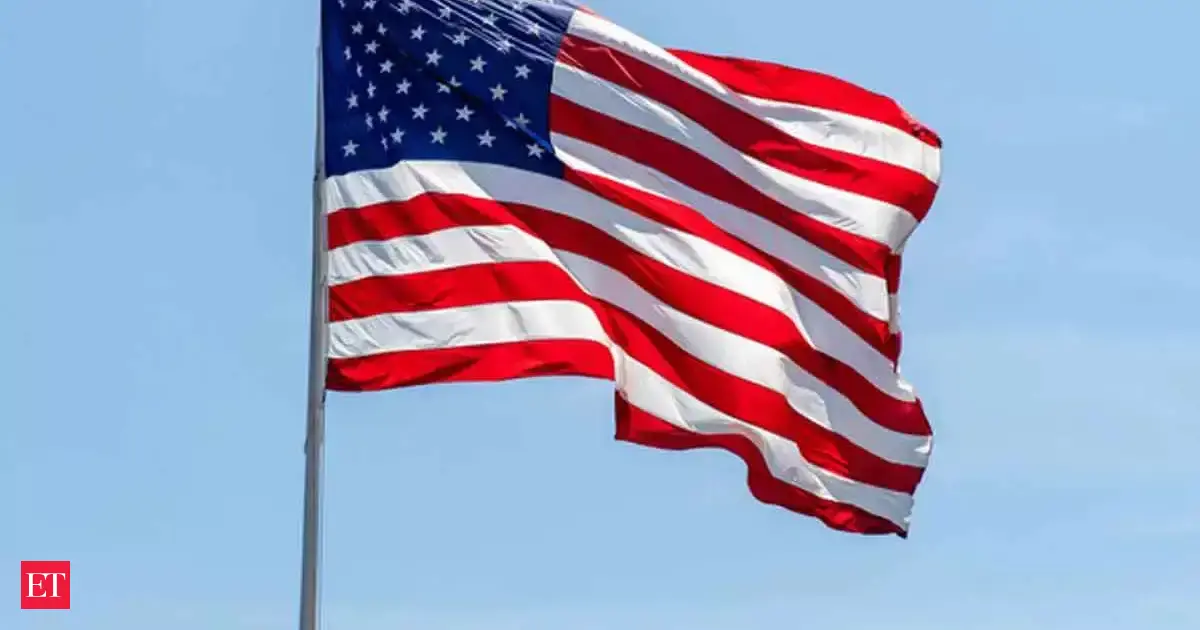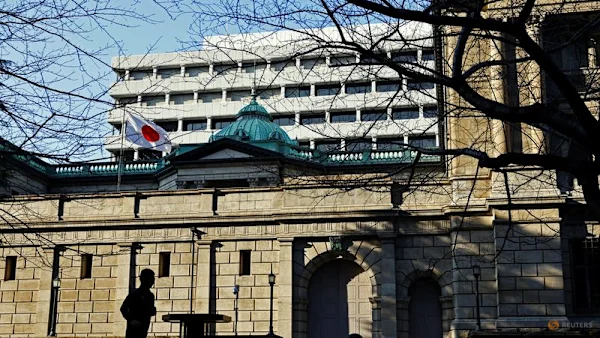
INCHEON, South Korea, Sept 30 (Reuters) – From the muddy grounds of a former amusement park on South Korea’s coast, tens of thousands of vehicles are being packed for shipment overseas as booming used car exports help to mitigate the impact of U.S. tariffs on new car sales.
Soaked in sweat from the outdoor heat, workers are loading and strapping cars into containers around the clock for shipment from the makeshift facilities at South Korea’s largest used car export hub in Incheon, west of Seoul.
Sign up here.
“It is embarrassing for us to say ourselves our business is a star export item,” said Kevin Seol, a trader who ships about 100 used cars monthly. “But the industry keeps growing by numbers so I think we are contributing to the national exports.”
South Korea’s auto shipments to the U.S. have declined for six consecutive months since President Donald Trump announced 25% tariffs.
But its global car exports have risen for three straight months, supported by record-high second-hand vehicle sales, which accounted for a quarter of the total auto exports by volume and 13% by value, according to trade ministry and customs data.
South Korea exported $5.5 billion of cars in August, up 9% from a year earlier and the highest monthly total on record, the trade ministry said. Used car exports jumped 35% to $711.5 million the same month, according to the Korea Used Car Distribution Research Institute.
“Exports to the U.S. don’t account for much of our business,” Seol said. “Demand from other countries is strong, so the tariffs haven’t really hurt us.”
TARIFFS COULD RAISE USED CAR PRICES
South Korea exports most of the used cars that are sold to the Middle East, Central Asia and Russia, according to government data and traders.
In those markets, Korean cars can be more attractive than those from export rival Japan because they are designed for driving on the right side of the road, whereas Japan drives on the left, traders said.
In South Korea’s biggest new car export market, the U.S., exports have been hobbled by a 25% tariff that remains higher than the 15% rate for Japanese and European cars, though Seoul is in negotiations for a reduction.
But while U.S. tariffs are a negative for the new car market, they could lead to further demand and higher prices for used vehicles, said Shin Hyun-do, director of the Korea Used Car Distribution Research Institute.
“If U.S. tariffs on new cars rise, car prices will go up. That will lead to a rise in car prices globally,” he said. “In that case used car prices are likely to follow suit.”
In the first half of the year, South Korea’s used car exports jumped 72% to $3.9 billion, with 437,151 vehicles shipped abroad, accounting for about a quarter of total auto exports by volume, Shin said.
South Korea sold more used cars to the Middle East than new vehicles between January and June and reported a 40% rise in monthly average sales to Russia, he added.
POOR INFRASTRUCTURE THREATENS GROWTH POTENTIAL
Demand from Russia and its trade partners like Kyrgyzstan has surged since the outbreak of the war in Ukraine.
In response to the invasion, Japan curbed trade in used vehicles in 2023 by banning all but used compact cars from being sold directly to Russia.
South Korea added restrictions in 2024, but only for new or used vehicles with 2,000 cc engines or larger, such as bigger SUVs, and some of those are being sold to Russia through Central Asian countries, market participants said.
South Korea’s used car exports are expected to set a new record high in volumes and value this year, experts say, even though fast-growing market Syria banned used car imports in July, according to state media.
But traders said the growth in overseas sales risked being capped by poor infrastructure at the country’s export hubs, including the one at Incheon, a dirt field with makeshift offices and inadequate facilities.
“Private businesses rent these dirt lots here and park their cars there,” said Park Young-hwa, a trader who runs the Korea Used Car Export Association. “In summer, conditions are so bad that buyers with their feet are stuck in mud find it difficult to inspect the cars.”
Ruling Democratic Party lawmaker Heo Jong-sik proposed a bill in April to establish a registration system for used car exporters and develop dedicated export complexes.
Used car exports and cosmetics were the fastest-growing export industries by value for small and medium-sized companies in the first half of 2025, according to government data.
“Since used car exports have already become one of our country’s main export items, the government should step in to manage and foster the industry through policies,” Heo said.
Reporting by Ju-min Park; Editing by Josh Smith and Jamie Freed



